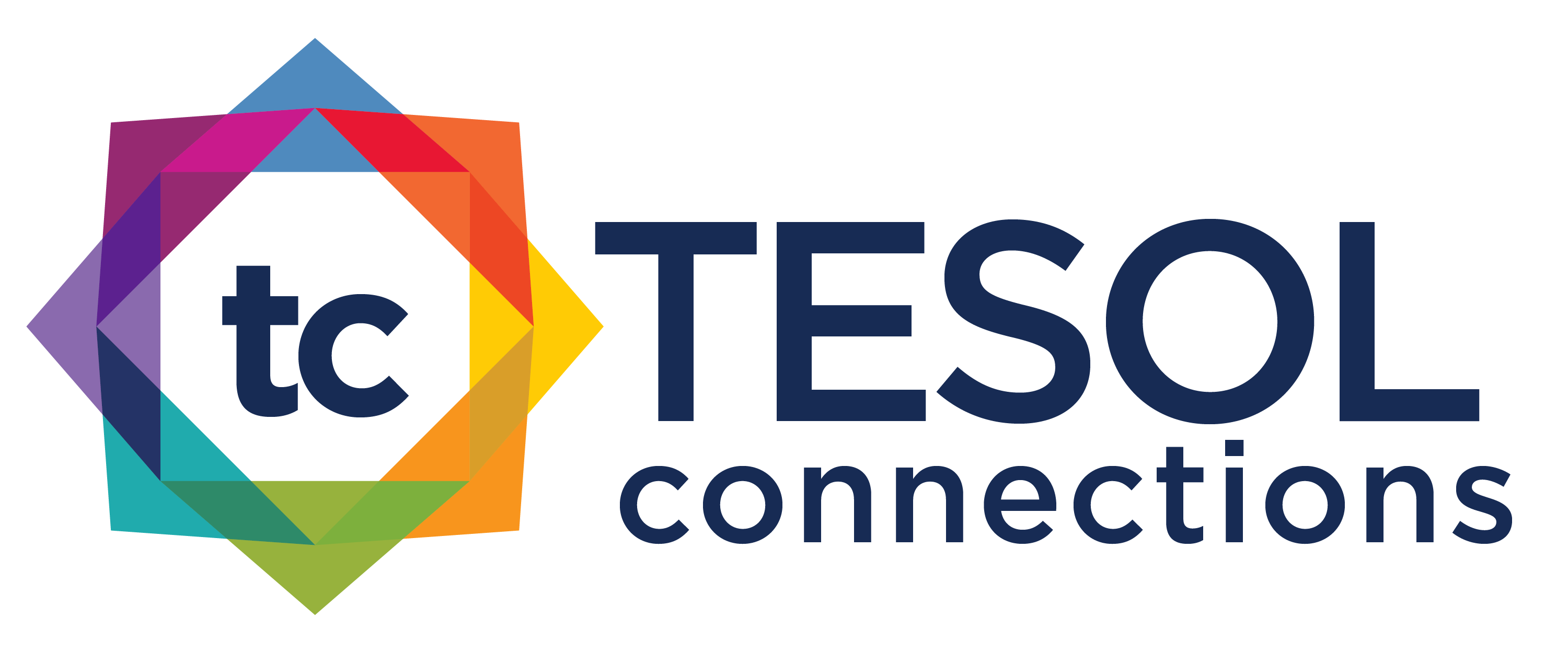KEEPING ENGLISH LANGUAGE PROFESSIONALS CONNECTED
Log In or Subscribe to TESOL Connections!
If you aren't a member or subscriber, you can join TESOL or purchase a subscription to access this information.
Become a MemberTESOL offers two subscriptions to TESOL Connections:
- Monthly subscription for $5/month
- Annual subscription for $50/year (savings of $10 per year)
